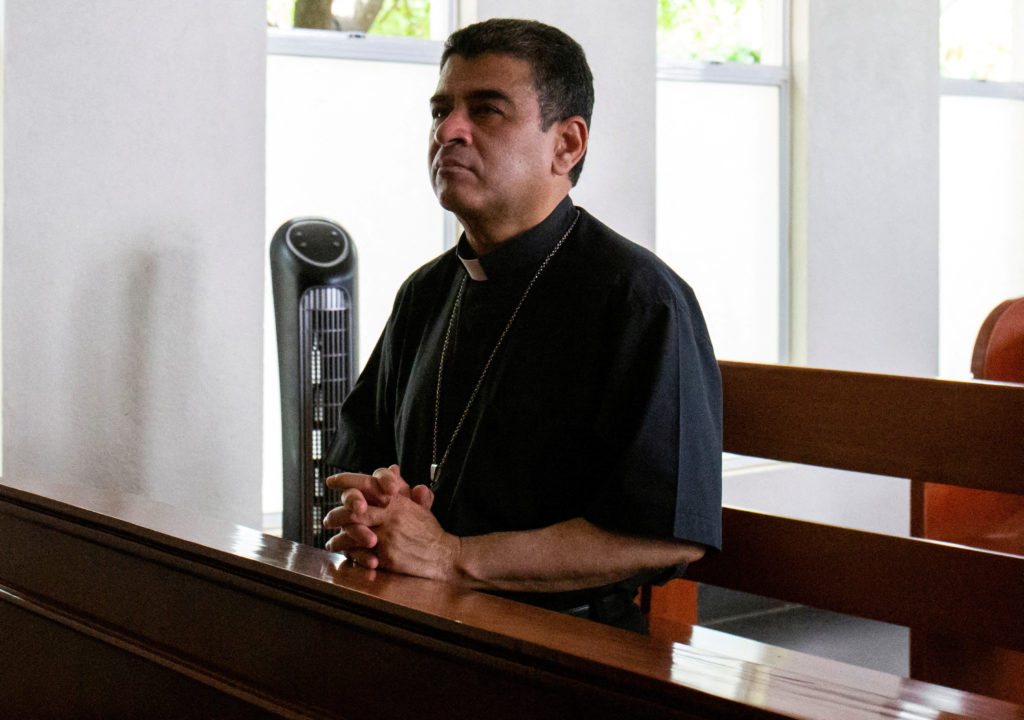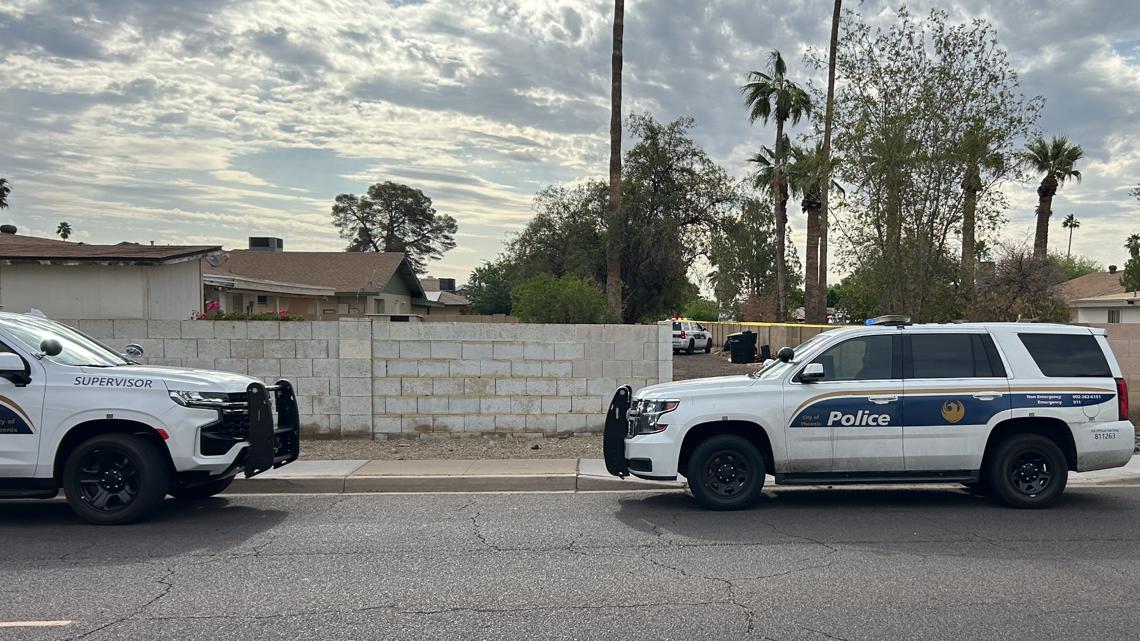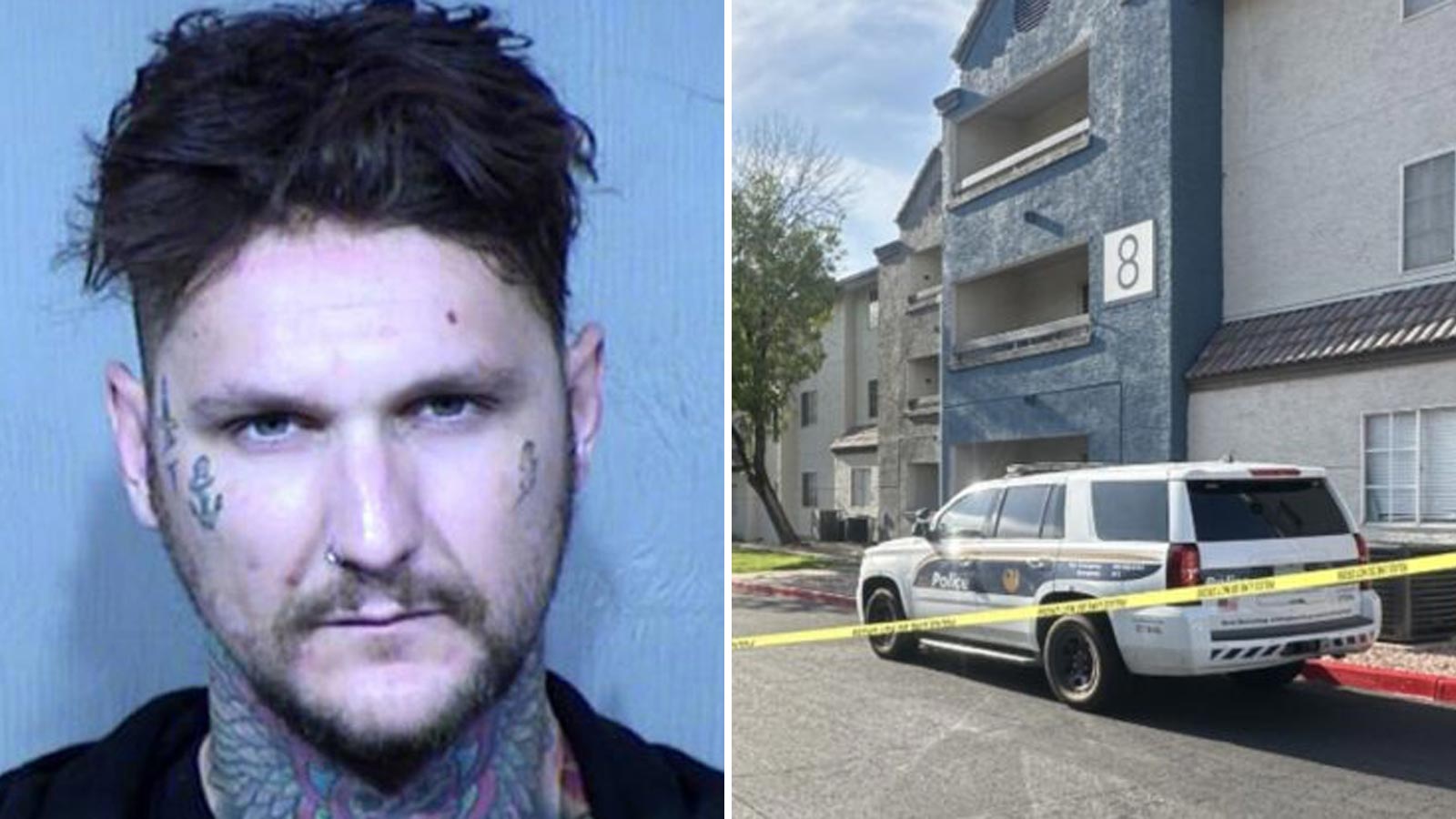Nicaragua’s government has announced the release of Bishop Rolando Álvarez and 18 other clergy members imprisoned over a year ago in a crackdown led by President Daniel Ortega. This move is part of negotiations with the Vatican, with the detainees handed over to Vatican authorities. The imprisoned clergy, including Bishop Álvarez, were accused of supporting the 2018 civic protests, which President Ortega claimed to overthrow his government.

Ortega’s Controversial Actions
The Nicaraguan government revealed on Sunday that the release of Bishop Álvarez and the clergy members was facilitated through negotiations with the Vatican. Past instances have seen imprisoned priests swiftly transported to Rome. Explore the significance of the Vatican’s involvement in securing the release of these prominent figures.
President Ortega’s government had imprisoned these clergy members as part of a broader crackdown on the opposition and the Catholic Church. Bishop Álvarez, known for his outspoken stance, was convicted of conspiracy and received a 26-year prison sentence, with accusations linking them to the 2018 protests.
Since suppressing the 2018 protests, President Ortega‘s government has consistently targeted opposing voices and focused on restricting the Catholic Church, including confiscating the prestigious Jesuit-run University of Central America and the closure of numerous non-governmental organizations, including Mother Teresa’s charity.
READ ALSO: Disturbing Trends: Increase in Child Fatalities in Active Shooter Incidents at Schools Since 2005
Previous Releases and Vatican-Nicaragua Relations
In light of these facts, Nicaragua released a dozen Catholic priests in October, marking a pivotal moment in diplomatic relations with the Vatican. The priests were subsequently sent to Rome, a move orchestrated through an agreement with the Vatican. This development sheds light on the intricate dynamics between Nicaragua and the Holy See, emphasizing the role of diplomacy in securing the release of religious figures.
The recurrent act of negotiating the freedom of clergy members underscores the ongoing challenges and nuances characterizing the relationship between the Nicaraguan government and the Vatican, highlighting the significance of diplomatic initiatives in addressing issues of religious freedom and human rights within the country.
READ ALSO: New York City Crisis: Lingering Fear Amid High Crime Rates, Reveals 39-Year NYPD Veteran



